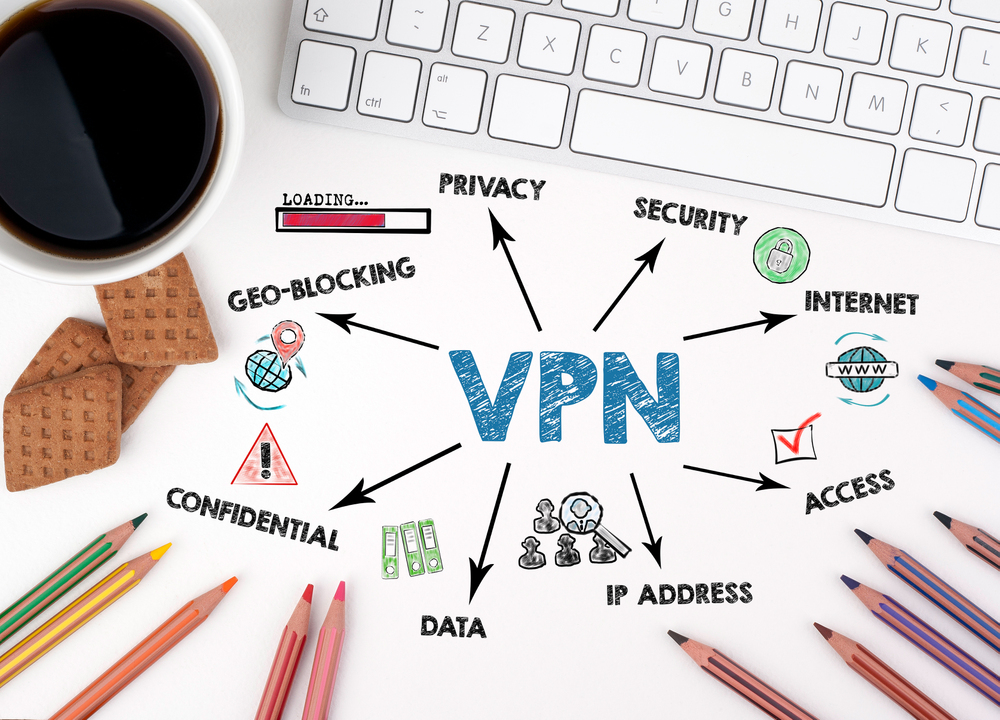Partner content
What is a VPN, do you need one, and how do you get the best?

Using a VPN — Virtual Private Network — is both a way to enhance your internet privacy and security and a method for disguising where you are by changing your IP address. VPNs are becoming increasingly popular, so here’s a guide to what you need to know.
How does a VPN work?
Many people use VPNs to protect their online activities, including sending emails, shopping online, streaming, and downloading content. A VPN masks your actual IP address by providing a different one and encrypts all the data you send and receive online, making it much harder for outsiders to access your information.
With a VPN, for example, your browsing activity is associated with the VPN’s server IP address rather than your own. This has an added benefit for internationals who might want to watch home-country streaming services or programs unavailable in the Netherlands. There’s a reason VPNs are so popular with Formula One fans.
Is it legal to use a VPN?
If you use a VPN for everyday activities like browsing, streaming, and gaming, it’s perfectly legal in the Netherlands. In fact, the Dutch government recommends people use VPNs for protection when connecting to public Wi-Fi networks.
They are also legal — and useful — for professionals in fields where internet security is critical, such as lawyers and business developers.
Another advantage: you can select a different location when shopping for plane tickets or hotel prices. You may even pay less for music streaming services.
However, using a VPN to download or share copyrighted material is illegal. Think of it like owning a security system: it’s there for protection, not for hiding unlawful activities.
How much does a VPN cost?
There are several free VPN services available, but many are unreliable and may sell your data — the very thing you want to avoid. Remember the old adage: If you’re not paying for it, you’re not the customer but the product being sold.
Some trustworthy free VPNs exist but may impose data limits. Generally, paying for a reputable VPN service is worth it. Top-rated services typically cost €3 to €4.50 a month, with even lower prices for one- or two-year plans.
NordVPN, for example, is currently offering a €3.39 per month deal via the comparison website VPN.nl, while Surfshark is a steal at €2.19. Many services, like NordVPN, also offer a 30-day money-back guarantee so you can test the system and see if you like it.
Most VPNs accept iDEAL, credit cards, and PayPal. For top-notch privacy, look for providers that accept anonymous payments, such as Bitcoin or other cryptocurrencies.
What should I look for when choosing a VPN?
Opt for a provider with a strict no-logs policy and a service based in a country with strong privacy laws, such as Switzerland, Romania, Malaysia, or the British Virgin Islands.
A good VPN should also have servers in at least 50 countries, including the Netherlands and your home country.
Make sure the apps are user-friendly on both your laptop and phone, and look for providers offering 24/7 live chat support. Also, check how many devices you can connect to the service, as some have limitations.
Use a comparison website like VPN.nl to read reviews and rankings and explore your options. They currently have 21 different VPNs under review and are happy to answer any queries.
Thank you for donating to DutchNews.nl.
We could not provide the Dutch News service, and keep it free of charge, without the generous support of our readers. Your donations allow us to report on issues you tell us matter, and provide you with a summary of the most important Dutch news each day.
Make a donation